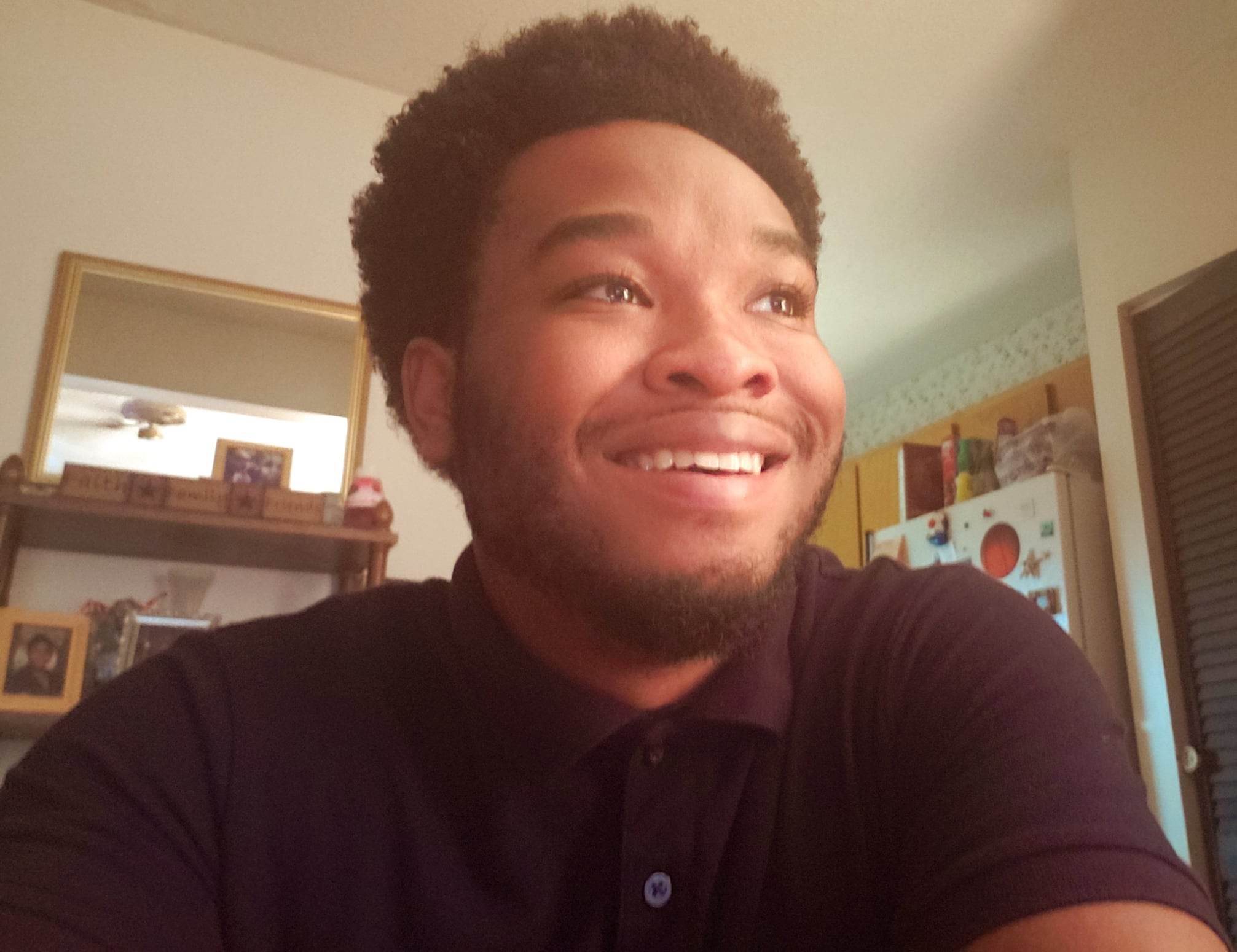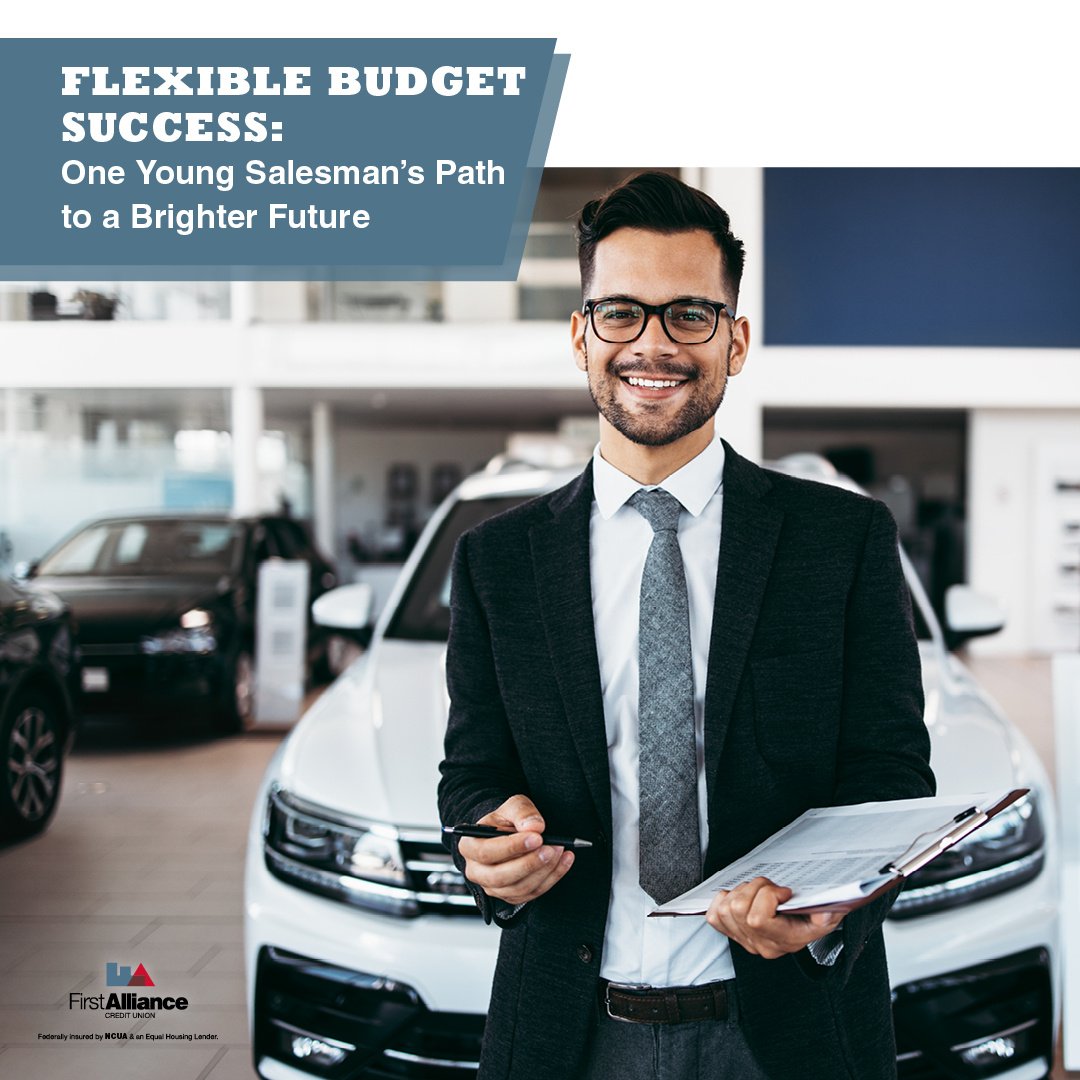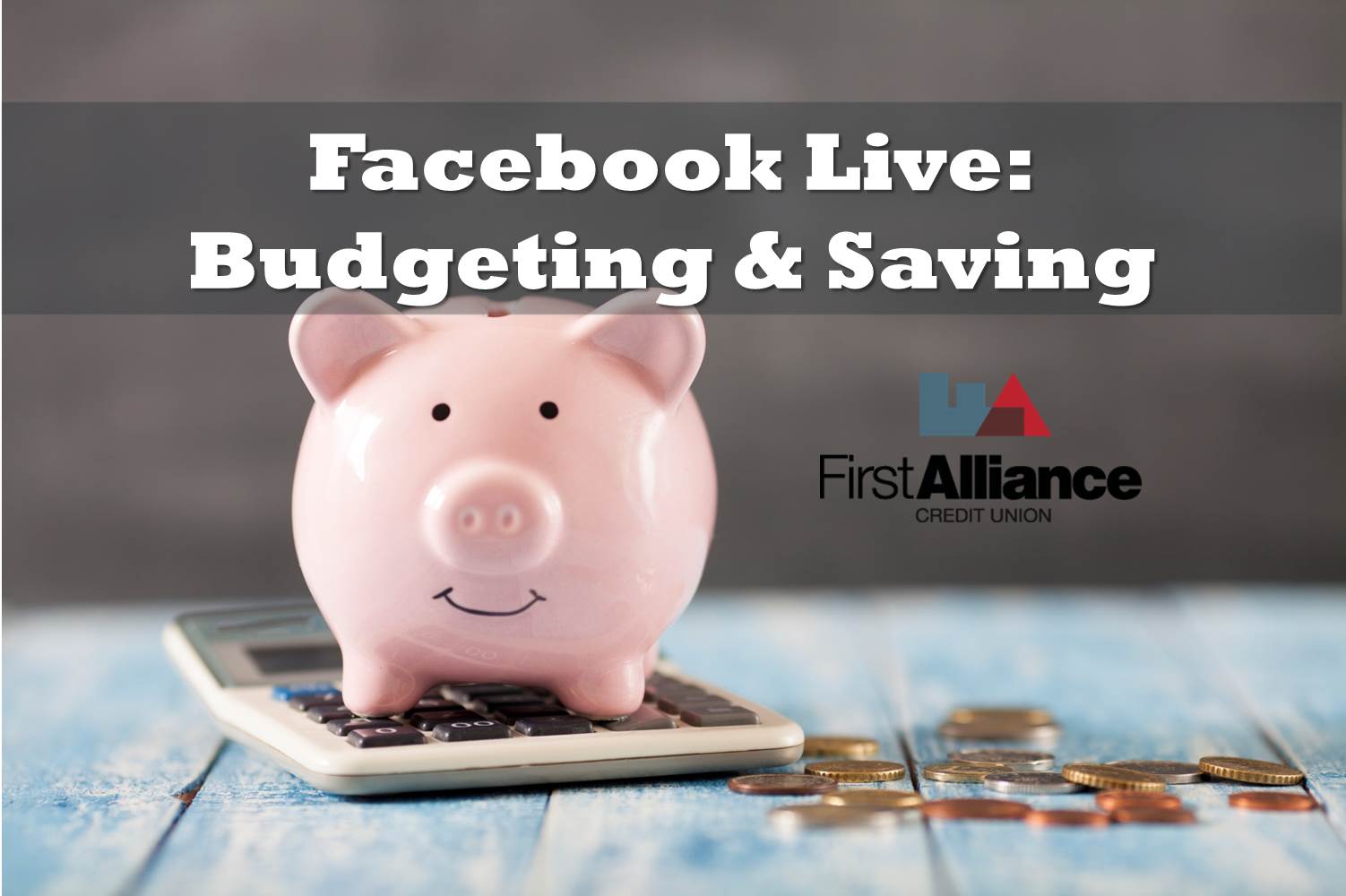Facebook Live Q&A Recap: Budgeting and Saving
Do you want to feel like you have more control over your finances? Maybe you just don’t quite know where to start? Or have you tried different tips...
5 min read
 Kamel LoveJoy
:
May 6, 2025 5:00:00 AM
Kamel LoveJoy
:
May 6, 2025 5:00:00 AM

Seventeen-year-old Noah always dreamed of bigger things: a car with more legroom, his own place with a balcony view, and the freedom to grab tacos without checking his wallet twice. At 19, he’s doing pretty well in sales and gets paid through commissions. He’s confident—he can sell ice cream in a snowstorm—but it’s not always predictable. Some months he’s rocking it; other months, it’s slim pickings. His parents have always been angels about everything, but now that he’s working, they’ve asked him to pitch in for groceries and the light bill. And on top of that, they really hope he’s saving something for himself. That’s what led Noah through the doors of First Alliance Credit Union. He’s set on building a “cushion fund” of $6,000 to keep him on track and feeling secure.
Below, we’ll explore the concept of a flexible budget and walk through the steps that can help people like Noah—and anyone else earning an irregular income—achieve financial peace of mind. By the end, you’ll know how to manage inconsistent earnings, set up an emergency fund, use the 50/30/20 rule, and stay motivated even when your pay fluctuates.

When you rely on commissions, tips, or freelance gigs, it’s normal to have good months and slower ones. This inconsistency can lead to stress, especially if you have bills due right when your paycheck is smaller. An emergency fund (also called a cushion fund) solves that. It’s a bit like carrying an umbrella even if the sky looks clear—you’re ready for the rain if it happens. Having a backup stash of money can help you avoid running up high-interest debt whenever life surprises you with things like car repairs or unexpected medical bills.
There’s no magic number for everyone, but many experts suggest aiming for three to six months’ worth of your usual expenses. If your income is truly up and down—like Noah’s commission-based checks—you might feel more comfortable saving up to a year’s worth of expenses. He set his goal at $6,000 because it covers a few months of rent, utilities, groceries, and any pop-up costs (like a new set of tires). To choose your own number, consider:
Starting an emergency fund can seem tough, especially if you have a low starting salary or minimal savings. But don’t worry: small steps go a long way. Here’s how Noah began:
Track Every Dollar: Noah wrote down every soda, snack, and streaming subscription. This detailed tracking showed him where his money really went and where he could cut back.
Set Mini-Goals: Instead of focusing on the entire $6,000, he aimed for $500 first, then $1,000, and so on.
Automate Savings: He set up an automatic transfer so that whenever he deposited his commission check, a small percentage went straight into his savings.
Even if you start by saving $10 or $20 a week, you’re building smart money management habits.
Noah’s pay ranged from $1,200 during slow months to $2,500 on really good months. By averaging his monthly income over three to six months, he could create a realistic, flexible budget. When he brought in more than his average estimate, he celebrated by adding the extra money to his emergency fund or treating himself after his essentials were covered.
Big tip: Always plan around your lowest expected monthly income. That way, you can still cover the basics, and any extra feels like a bonus rather than a necessity.

Sales, freelancing, and gig work often have busy and slow seasons. If you get paid more during the holidays, you might spend it instantly—but it’s smarter to tuck some away for quieter months. It helps to keep track of patterns, like if winter is consistently your strong earning season. This awareness protects you from feeling forced to rely on credit cards or loans you can’t afford later.
The 50/30/20 rule breaks down like this:
For irregular earners, this is incredibly effective. On a high-earning month, you’ll funnel a bigger chunk into savings. On a lean month, at least you know your core needs are still covered, and you won’t sabotage your progress by overspending.
Envelope budgeting is an old-school but powerful method. You place your money into different “envelopes” for each spending category (housing, groceries, fun money, etc.). Today, many budgeting apps replicate this digitally. The benefit? When the “groceries” envelope is empty, you know you’ve hit your limit. No guesswork, no overspending. It’s especially helpful if you need a visual reminder of exactly where your money is going. In a digital version, you can set alerts on your phone.
Plenty of budgeting apps and online tools can make life easier:
Choose one with features that match your style, like automatic expense tracking, goal-setting, or color-coded charts if you love visuals.

Money stress can affect anyone, especially if your paycheck is unpredictable. Noah keeps himself motivated by:
Celebrating Wins: Every time he hits a new savings milestone, he treats himself to a small reward (new headphones or a pizza night).
Accountability Buddies: He checks in with a friend who’s also saving. They compare progress, share budgeting tips, and push each other to stay on track.
Remembering the Why: For Noah, that’s owning a reliable car and eventually moving out. Your “why” might be a dream vacation, a new home, or future family plans.
Financial stability is about more than just the here and now. Some strategies to protect yourself from future volatility:
At First Alliance Credit Union, we show up, we listen to your story, and we provide possibilities. We believe in being a financial oasis, so that everyone—whether you’re fresh out of high school or starting over—can access the opportunities they deserve. Whether you’re like Noah, aiming to save $6,000, or you want to rebuild after a major life event, we’re here to walk with you every step of the way.
Ready to Begin?
Start by examining your monthly income, identify your essential expenses, and try out a budgeting strategy like the 50/30/20 rule or envelope budgeting system. Build that cushion fund, set small goals, and watch your confidence grow. Before you know it, you’ll be well on your way to achieving the life and financial security you’ve always wanted—no matter how unpredictable your income may be.
Remember, you deserve the freedom to dream big and the tools to make those dreams happen. That’s the power of a truly flexible budget. And with the First Alliance Credit Union, you’re never alone in the journey.

Do you want to feel like you have more control over your finances? Maybe you just don’t quite know where to start? Or have you tried different tips...

Saving money can feel like trying to hold water in your hands—especially when every paycheck is already spoken for and surprise expenses pop up like...

Saving money is tough. In fact, as humans, we're wired to take care of our needs now, and worry about later...well, later. Putting resources away for...